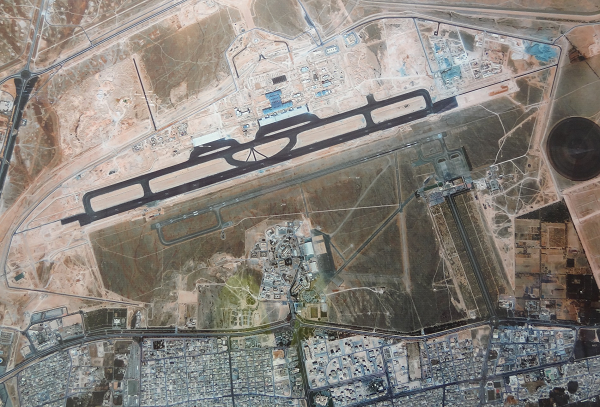DFS implement measures to ensure flights reach their targets
In Germany, the peak holiday season has started and the sky is busy. DFS staff make sure that all passengers reach their destinations safely and as punctually as possible, even on peak days.
The peak holiday season has started with the beginning of the German summer holidays. Not only German airspace is busy, all of European airspace is crowded at the moment. On 28 June, more than 37,000 flights were controlled in Europe on a single day, which is more than ever before. Almost a third of all European flights pass through German airspace, one of the busiest regions of Europe due to its central location.
In the first six months of this year, DFS registered 1.61 million flights under instrument flight rules in German airspace, approximately 21,000 flights more than in the same period last year. In June 2019, 304,374 flights were counted. DFS has implemented a number of measures in advance to ensure that all of these flights reach their targets without delay, where possible. These measures have proved to be successful. The delay caused by air traffic control in German airspace amounted to 106 seconds per flight, which is 15 seconds less than in the same month of the previous year.
Together with the control centres of Germany’s neighbouring countries, flights on some routes have been transferred to other flight levels since April to free up congested upper airspace. In addition, many operational staff members have been working voluntary additional shifts besides their regular working time. The training of new air traffic controllers is in full swing, despite the summer holidays. Of the 122 young people who are planned to start their training by the end of 2019, 54 are already attending classes at the DFS Academy. This trend will be continued in 2020 and the number of trainees will rise to 146.
These are just some of the measures DFS has implemented to contribute towards punctuality in air traffic in the peak holiday season. Delays caused by air traffic control, however, are only a small part of the total delay. According to the European Organisation for the Safety of Air Navigation Eurocontrol, the average delay per flight from January to May 2019 was 11.3 minutes, almost half of which was caused by the airlines. In the first five months of 2019, the share of this delay caused by European air navigation services organisations was less than one minute.
